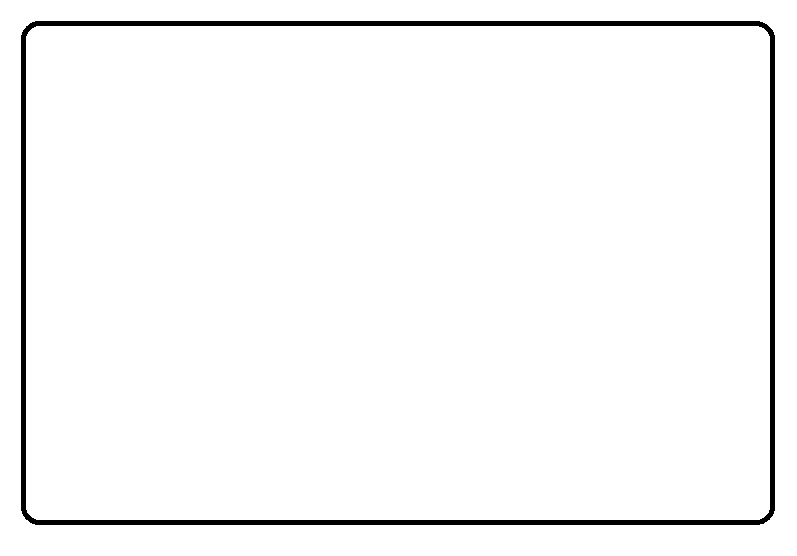The Power of the Blank Page: Unleashing Creativity and Expression
There's a certain magnetism to a pristine, untouched surface. Think of a freshly fallen snow, a smooth expanse of sand, or, in our case, a blank page ready for words. This empty space, this "hoja en blanco" as it's known in Spanish, holds a universe of potential. It's a realm of infinite possibility where stories can be born, ideas can flourish, and voices can find their form.
The simple act of putting pen to paper, or fingers to keyboard, on a blank document can be both exhilarating and daunting. It represents a starting point, a fresh canvas, a world waiting to be created. This article delves into the power and potential of the blank page, exploring its significance in the writing process and offering guidance on how to harness its transformative power.
From time immemorial, the blank page has served as the gateway to written expression. Cave walls, clay tablets, papyrus scrolls – these were the early iterations of our modern page, offering a space for humans to record their thoughts, histories, and dreams. The very concept of a dedicated space for writing fostered literacy, communication, and the preservation of knowledge.
The blank page is more than just a physical space; it's a psychological one too. It represents the potential for creation, the opportunity to bring something new into being. It's a space where we can confront our inner critic, wrestle with our ideas, and ultimately, give voice to what matters most.
This blank canvas can be intimidating. The fear of the blank page, often referred to as writer's block, is a common struggle. This feeling of paralysis can stem from perfectionism, fear of failure, or simply not knowing where to begin. But understanding the nature of this fear and employing certain strategies can help us overcome it and unlock the creative potential that lies dormant within.
The importance of a blank page for writing lies in its capacity to invite creativity and facilitate clear thinking. It provides a dedicated space for organizing thoughts, developing ideas, and crafting compelling narratives. A blank document is essential for various writing tasks, whether it's crafting a novel, composing a poem, drafting a business letter, or simply jotting down notes.
One of the biggest issues related to the blank page is overcoming the initial inertia. Starting can be the hardest part. Sometimes, simply putting pen to paper and writing anything, even if it's just a stream of consciousness, can break the block and get the creative juices flowing. Other techniques include freewriting, brainstorming, and mind-mapping.
One benefit of starting with a blank page is its inherent neutrality. It offers no preconceived notions, no distractions, allowing for pure, unfettered creativity to emerge. This clean slate allows for greater focus and encourages original thought.
Another benefit is the sense of ownership and control it provides. The blank page is yours to command. You decide what goes on it, how it's structured, and what message it conveys. This sense of autonomy can be empowering and liberating.
A third benefit is the potential for self-discovery. The process of filling a blank page can be a journey of self-exploration, allowing you to uncover hidden thoughts, beliefs, and perspectives.
Advantages and Disadvantages of a Blank Page
| Advantages | Disadvantages |
|---|---|
| Promotes creativity and originality | Can be intimidating and lead to writer's block |
| Provides a sense of control and ownership | Requires self-discipline and motivation |
| Facilitates clear thinking and organization | Can feel overwhelming without a clear starting point |
Frequently Asked Questions:
1. What is writer's block? Writer's block is a condition, primarily affecting writers, characterized by an inability to produce new work or experience a creative slowdown.
2. How do I overcome writer's block? Techniques like freewriting, changing your environment, and taking breaks can help.
3. What are the benefits of writing on a blank page? It encourages creativity, provides a sense of control, and can lead to self-discovery.
4. What are some tools for writing? Pen and paper, word processors, and note-taking apps are useful.
5. What is the importance of a blank page? It offers a dedicated space for creative expression and organized thought.
6. How can I improve my writing skills? Practice regularly, read widely, and seek feedback from others.
7. What are some tips for writing effectively? Plan your writing, use clear language, and revise your work.
8. How do I start writing on a blank page? Begin with an idea, outline your thoughts, or simply start writing.
The blank page, the empty canvas, the pristine surface – it can be a source of both anxiety and inspiration. Embracing the blank page is to embrace the potential for creation, the possibility of transforming nothing into something. By understanding the challenges and employing the strategies outlined above, we can harness the power of the blank page and unlock our creative potential. From crafting compelling narratives to expressing our innermost thoughts, the blank page remains an essential tool for self-expression, communication, and the ongoing evolution of human thought. Remember, the next great story, the next groundbreaking idea, the next profound revelation – it all begins with a blank page. Take a deep breath, pick up your pen, and begin.
Unlocking the secrets of odd numbers from 1 to 500 numeros impares de 1 a 500
Aarp and medicare understanding the relationship
Thrilling rides your guide to 3 person towable boat tubes














